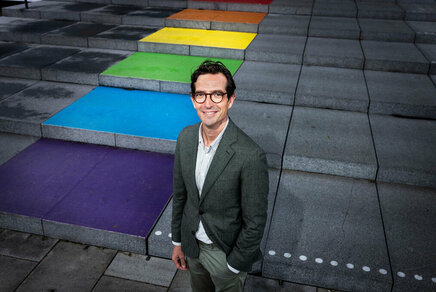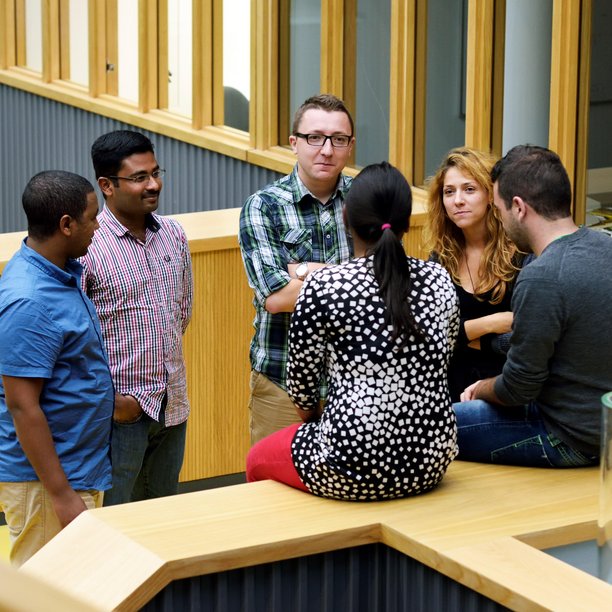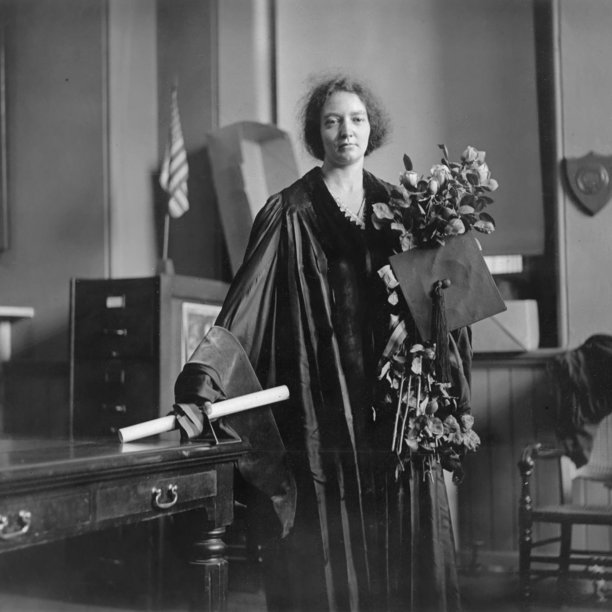We believe that diversity broadens our research scope and enhances the quality of our education. Diverse teams lead to better strategies, more creative ideas, and faster innovation for all. Our Irène Curie Program is dedicated to advancing talented female academics, enabling them to thrive and succeed in top positions in science. The program is an equity approach that intentionally provides extra resources to a historically disadvantaged group. This initiative enables women to achieve success more quickly and overcome barriers in STEM (Science, Technology, Engineering, and Mathematics) fields. We welcome all individuals who self-identify as female to apply.
Features
-
Development track position of 5 years or senior position
-
Substantial start-up package
-
Develop your own research line
-
Participate in curriculum of department
-
Dedicated mentoring program
-
Dual career opportunity for spouses
As an Irène Curie academic, you will receive a development track position toward Associate Professor. If you already have a more senior profile, you are welcome to apply as associate of full professor. You will receive a tailor-made career proposal.
As an Irène Curie academic you will be offered the opportunity to establish an independent research program in collaboration with colleagues at our university, and at national and international institutions. Furthermore, we expect you to contribute to the curriculum of the department.
You will receive a substantial start-up package to kick-off your career in our university. In order to empower you, we provide support such as training programs for academic leadership and the university teaching qualification. A dedicated mentoring scheme is offered to support your ambitions, to increase your scientific career opportunities and to contribute to a stronger network of talented female scientists.
Flexible work schedules can be arranged. Family friendly initiatives are in place, such as our Partner Career Support Program to support accompanying partners and excellent on-campus children day care, and sports facilities. Salary and benefits are in accordance with the Collective Labor Agreement for Dutch Universities.
Portraits Irène Curie Academics
News







